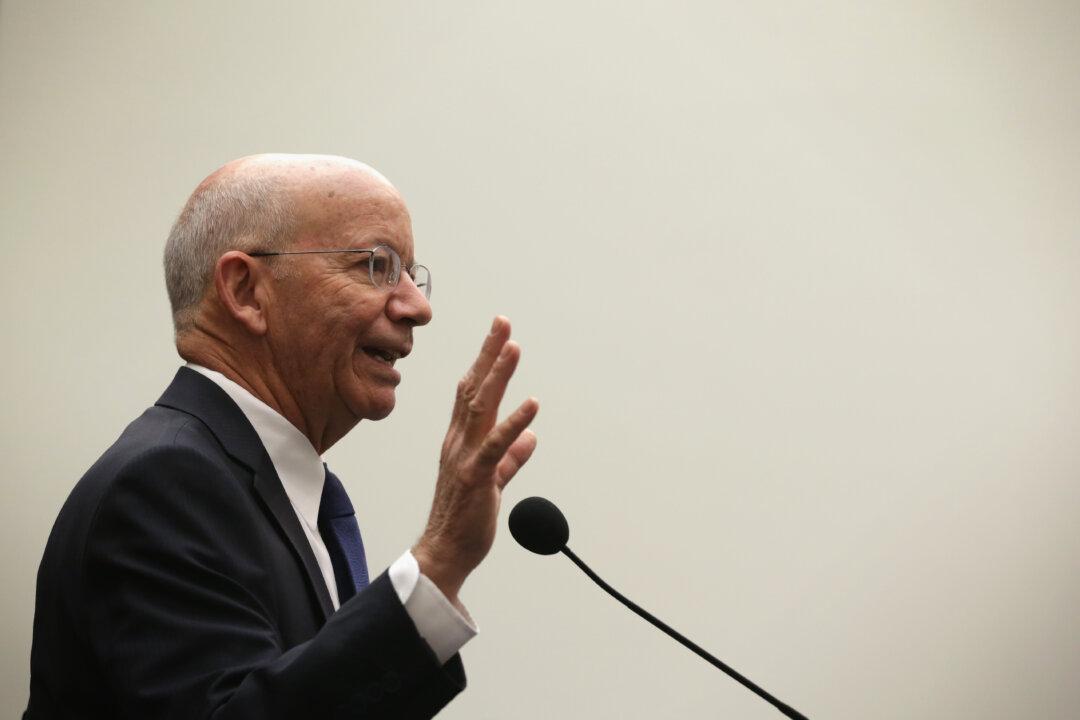House Democrats approved on July 1 a massive $1.5 trillion, 2,300-page “Moving Forward Act” that Republicans blasted as little more than a Green New Deal boondoggle disguised as a roads and highways measure.
“The more than $1.5 trillion proposal rebuilds U.S. communities with infrastructure and innovation that is smarter, safer, and made to last,” House Committee on Transportation and Infrastructure Chairman Peter DeFazio (D-Ore.) said in a statement prior to the final vote.





